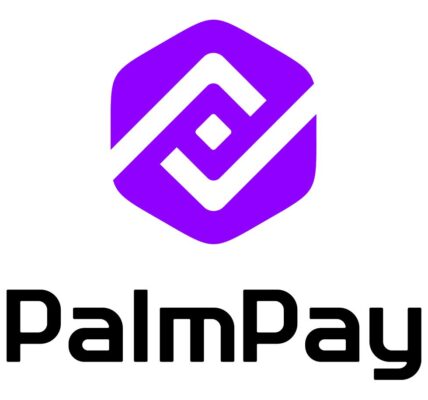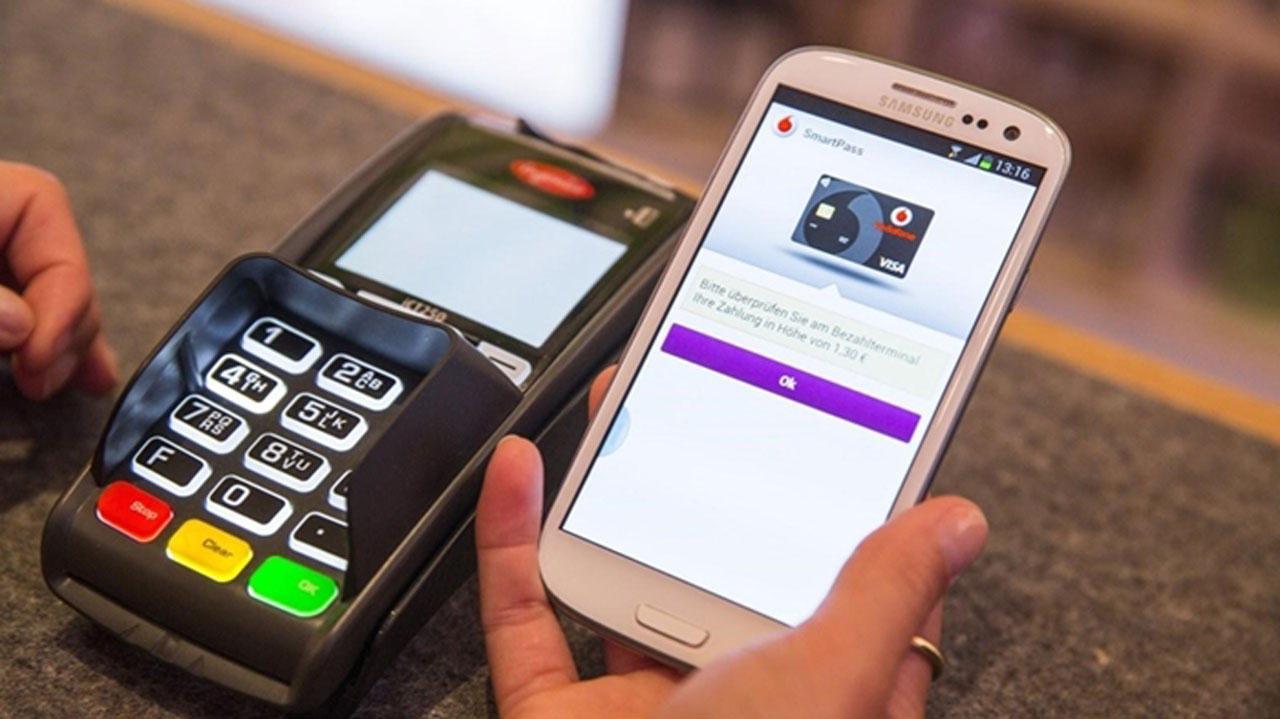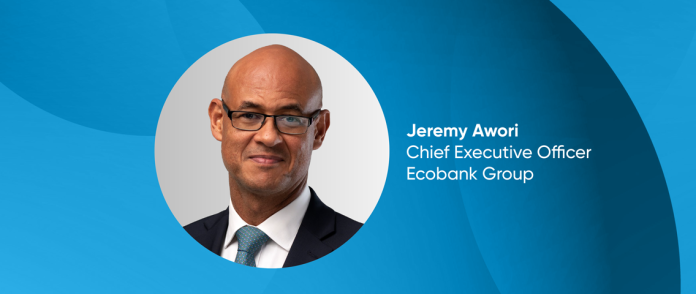Credible indications have emerged that many Nigerians may not have heard that since the effective date for the enforcement of Bank Verification Number (BVN) by the central Bank of Nigeria (CBN), October 1, 2016, about 30.26 accounts scattered in all the money deposit banks had been dormant.
A top official of one the new generation bank, Tuesday hinted to Business Hilights that “If I tell you that well over N650bn and a cumulative average of $7bn in domiciliary accounts are trapped, you may not believe it”. The account owners abandoned the accounts either because they cannot process authentication of the accounts as their own or they deliberately ran away, abandoning the fund to avoid being interrogated and charged with money laundering.
However, the source was quick to add that “As it is, nobody or any bank will touch the trapped funds for a period of at 12 calendar months. It is then that banks will in unison ask the CBN what to do with such accounts and money.
This is true because only recently, the latest industry statistics from the Nigerian Inter-Bank Settlement System (NIBSS) Plc, indicated that 30.26 million accounts have become dormant as at October this year.
Originally, CBN drew away the minds of Nigerians from the possibilities of people abandoning their accounts stock with heavy funds and made people to understand that BVN came with series of advantages including unique identity that can be verified across the Nigerian Banking Industry (not peculiar to one bank); Customers’ Bank Accounts are protected from unauthorized access; it will address issues of identity theft, thus reducing exposure to fraud, enhance the Banking Industry’s chance of being able to fish out blacklisted customers, among others.
Besides, experts say, since the introduction of BVN, it was also discovered that money laundering through the banks has reduced with the BVN system while sudden huge deposits into accounts of people whose means of livelihood were not clear have also reduced.
Analysts say the combined forces of financial intelligence cropped up by BVN and TSA have cleaned up a lot of mess and fraud perpetrated by top government officials in the past.
No doubt, a House of Representative member, Ms. Uche Onyeagucha, recently said that BVN had done a lot to curb corruption in the country.
She has even went further to advice the apex government to extend the exercise to what she called Property Verification Number (PVN), hinting that the new verification if introduced will catch up with top government officials who had used the avenue of budgetary allocation for ecological funds to siphon money from the system to own illicit homes both in Nigeria and abroad.
Though the apex bank had been economical with word on the real impacts of BVN, Mr. Isaac Okoroafor, acting director, Corporate Affairs of the CBN, recently agreed that the BVN policy had injected some sanity into the banking industry in the country.
He argued that the platform had tamed identity theft and ensured that fraudsters do not have a field day anymore. It has also helped to curb illegal financial flow.
It would be recalled that CBN, in an earlier statement about the policy, said that it is part of security measures to safeguard the financial sector, stating further that “With the increasing incidents of compromise on conventional security systems (password and PIN), there is a high demand for greater security for access to sensitive or personal information in the banking system”.
“Biometric technologies have been used to analyse human characteristics as an enhanced form of authentication for real-time security processes.









